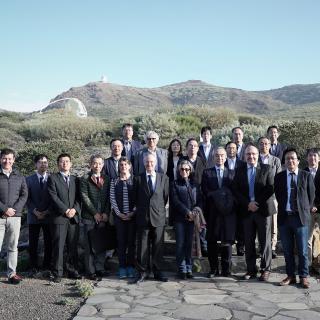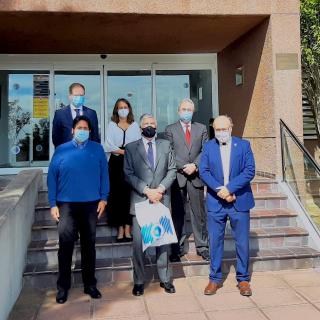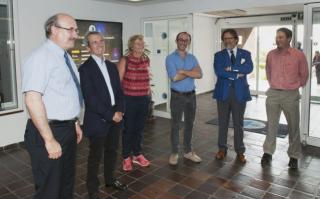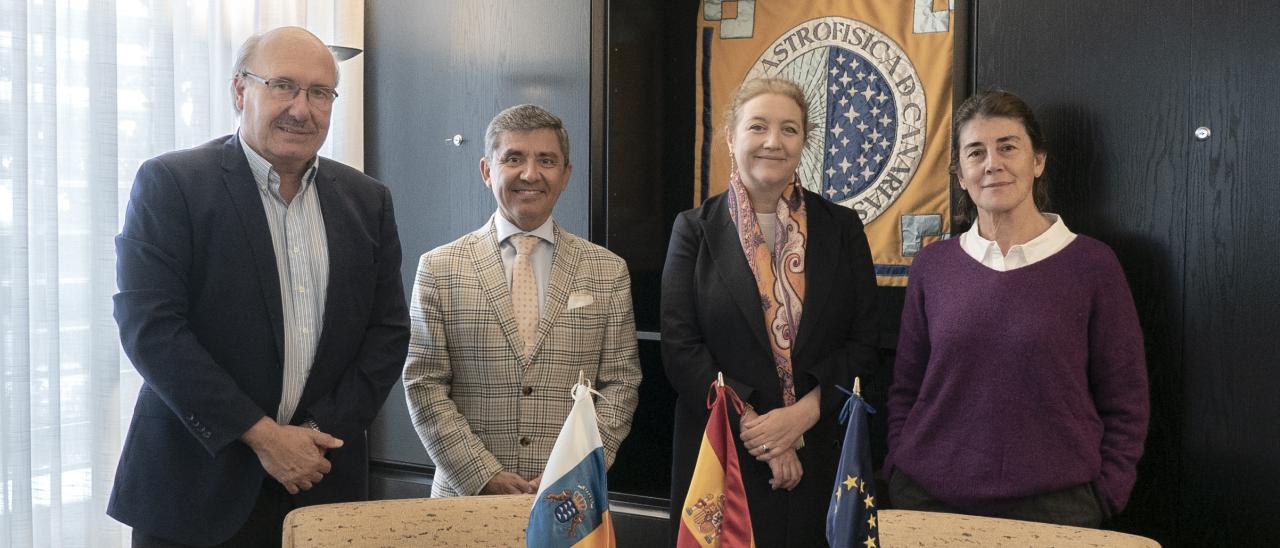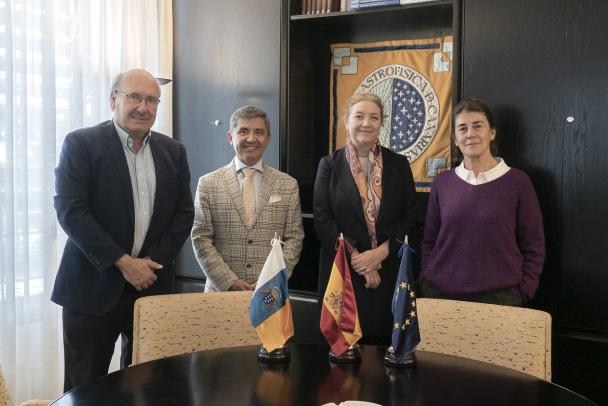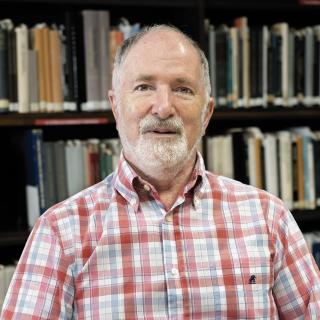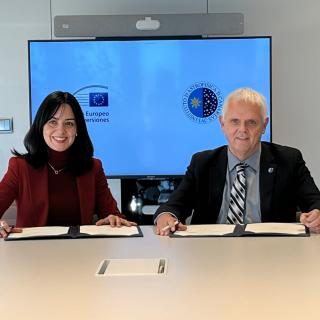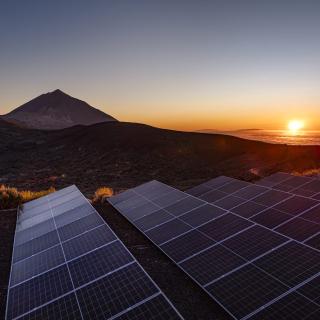This week the Ambassadors, permanent representatives at the International Organizations with headquarters in Vienna, of Spain, Esther Monterrubio, and of Paraguay, Juan Francisco Facetti, were shown the installations of the IAC. During their stay they visited some of the scientific infrastructures of the Canary Islands Observatories (OCAN) and showed interest in the projects being developed there.
Among the various duties of these two permanent Ambassadors is that of representing their countries in the United Nations Commission on the Peaceful Uses of Outer Space (COPUOS) and its two Subcommissions, the Subcommission on Legal Affairs (SAJ) and the Subcommission on Scientific and Technical Affairs (SACT). Ambassador Facetti is the president of the latter.
During their visit on Monday 24 October to the headquarters of the Instituto de Astrofísica de Canarias (IAC) in La Laguna, guided by the Deputy Director of the IAC, Casiana Muñoz Tuñón, they were also accompanied by the Vice-Rector of Projection, Internationalisation and Cooperation of the University of La Laguna (ULL), Lidia Cabrera Pérez; and by the General Director of Fight against Climate Change and Environment of the ULL, José Domingo Fernández Herrera. On Tuesday 25th, Professor Facetti gave a talk at the IAC and, on Thursday 27th, he shared the work carried out by COPUOS Subcommittee on Scientific and Technical Affairs at the 5th International Meeting of the Starlight Foundation in La Palma. Before his speech, the Deputy Director of the IAC presented the problems derived from satellite mega-constellations for observing the sky.
Spain cooperates closely with the United Nations Office for Outer Space Affairs (UNOOSA) in a variety of areas, but in recent years this collaboration has been particularly active regarding the protection of dark and quiet skies. In 2021, UNOOSA, the Government of Spain and the IAC organised the Dark & Quiet Skies for Science and Society workshop and, in 2022, a seminar of the same name, which resulted in a report with recommendations to address the problem of light pollution, radio pollution and satellite constellations (link). Both events have been instrumental in raising awareness about the negative effects that various human activities have on space observation. In 2023, the COPUOS Scientific and Technical Subcommittee will address this issue in a comprehensive manner.
